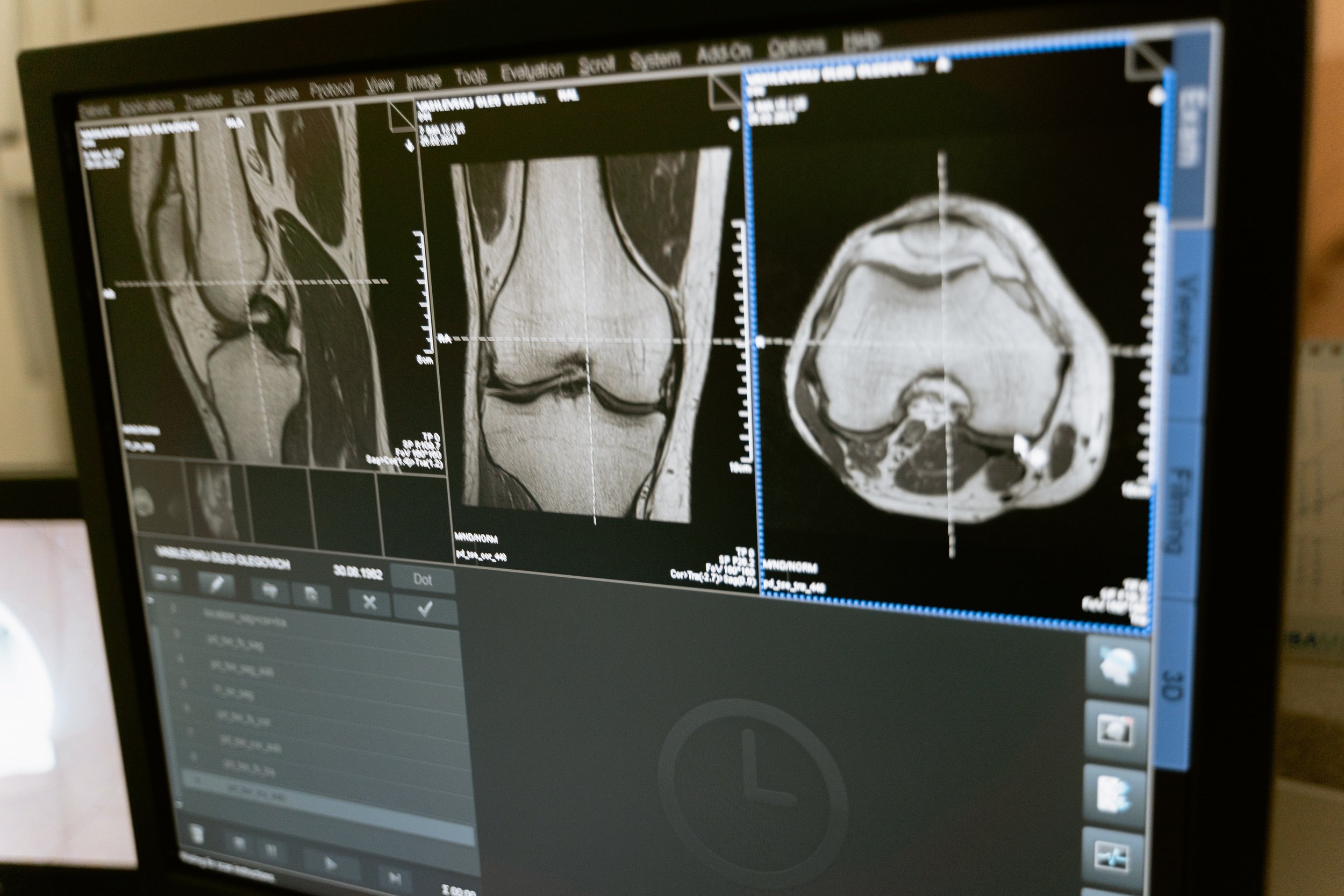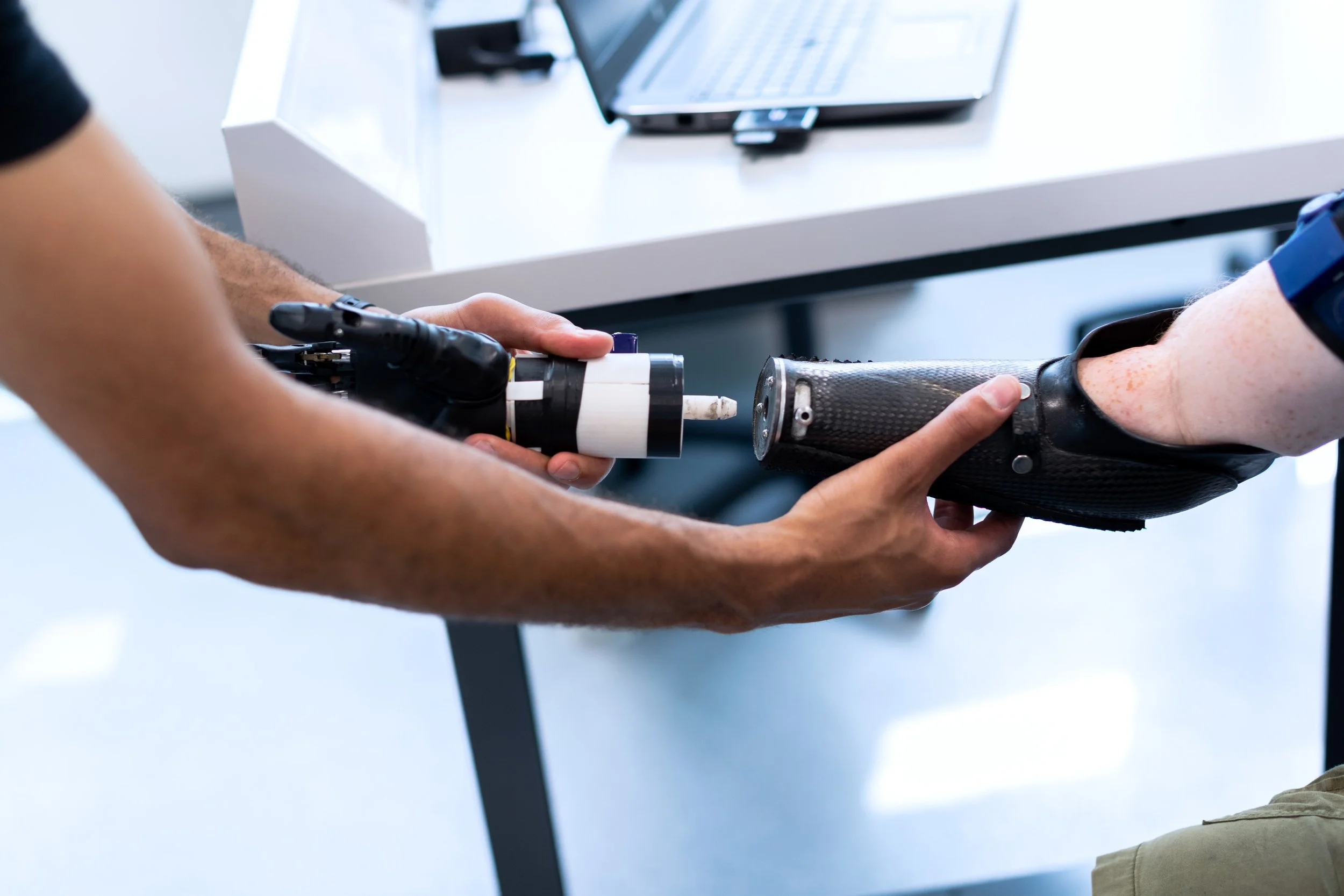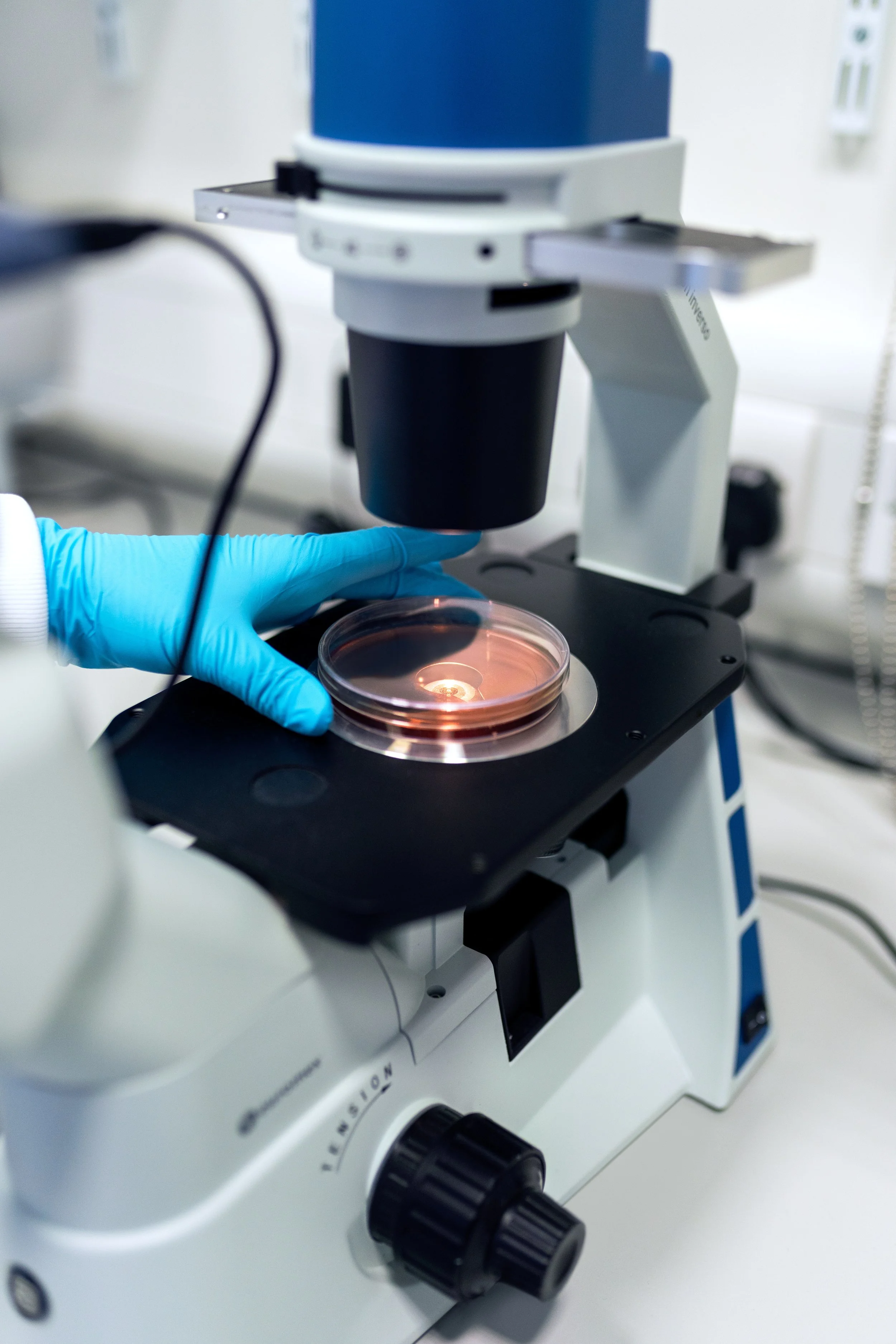Top 10 ways AI is improving the healthcare industry
Artificial intelligence (AI) is playing a critical role in the evolution of the healthcare industry. By automating routine processes, analysing massive volumes of data, and offering individualised care, AI has the potential to change healthcare. In this post, we will look at the top ten ways AI is transforming the healthcare industry, including specific applications and their potential impact on healthcare delivery.
1. Medical Imaging
AI-enabled devices can evaluate medical pictures like X-rays and MRI scans to help in disease diagnosis. This technique can also be used to detect and monitor the progression of diseases like cancer over time. For example, according to research published in the Journal of the American Medical Association (JAMA), an AI-powered system can diagnose lung cancer with the same accuracy as radiologists.
2. Diagnosis and Treatment Planning
AI-enabled systems can examine patient data to aid in disease diagnosis and therapy planning. This technology can also assist in identifying potential health hazards and recommending preventative steps. An AI-powered system built by the Mount Sinai Health System in New York, for example, was able to identify patients at risk of sepsis with an accuracy of 85%.
3. Drug Discovery and Development
AI-enabled systems can examine enormous amounts of data to help with drug research and development. This technology can also aid in the identification of probable pharmacological adverse effects and the development of tailored therapy. For example, Exscientia, a UK-based pharmaceutical business, used an AI-powered system to build a therapeutic candidate for a rare genetic condition in just 12 months, as opposed to the customary 5-7 years it takes using traditional approaches.
4. Clinical Decision Support
AI-enabled solutions can give healthcare workers real-time decision support, allowing them to make more educated decisions about patient care. For example, an AI-powered system developed by IBM Watson Health was able to aid in the identification and treatment of a rare form of leukaemia, resulting in a 95% patient survival rate
5. Patient Monitoring
AI-enabled systems can monitor patients remotely, providing early warning of potential health issues and reducing the need for hospital visits. For example, an AI-powered system developed by Medtronic was able to identify patients at risk of heart failure with an accuracy of 85%.
6. Virtual Nursing Assistants
AI-enabled virtual assistants can help with everyday chores like appointment scheduling and answering patient inquiries, freeing up healthcare personnel to focus on more difficult work. For example, Nuance Communications' AI-powered virtual assistant was able to accurately answer more than 80% of patient questions, lowering nurses' burden by 25%.
7. Predictive Analytics
Artificial intelligence-enabled systems can evaluate patient data to forecast future health problems and provide preventative measures. This technique can also aid in the detection of possible infectious disease epidemics and the creation of public health policy. For example, the World Health Organization's AI-powered system was able to anticipate possible cholera outbreaks in Yemen with an accuracy of 80%.
8. Robotics in healthcare
AI-enabled robots can help with regular operations like drug dispensing and sample collection, lowering the chance of human error and enhancing efficiency. For example, the Rehabilitation Institute of Chicago's AI-powered robot was able to aid with physical rehabilitation for stroke victims, reducing their recovery time by 30%.
9. Medical Research
AI-enabled systems can evaluate massive volumes of data to aid in the discovery of new illness treatments and cures. This method can also assist in the identification of potential genetic risk factors for diseases and the development of tailored therapy. For example, an AI-powered system built by Google DeepMind identified a potential therapeutic treatment for Amyotrophic Lateral Sclerosis (ALS) in just a few hours.
10. Telemedicine
Remote consultations can be aided by AI-enabled technologies, allowing patients to get care from the comfort of their own homes and decreasing the need for patients to travel to healthcare institutions. For example, Teladoc's AI-powered system was able to diagnose and treat common diseases like the flu and pink eye with an accuracy of 85%.
Conclusion
From medical imaging to medication discovery and development, AI is boosting the healthcare business in a variety of ways. AI-enabled systems can analyse massive volumes of data, discover trends, and make predictions, allowing healthcare workers to make more educated patient care decisions. Furthermore, AI can automate basic operations such as appointment scheduling and patient data collection, freeing up healthcare workers to focus on more difficult jobs. We should expect to see even more improvements in the field as the healthcare industry continues to incorporate AI technology, leading to improved patient outcomes and a more efficient healthcare system.
References
1. https://jamanetwork.com/journals/jama/article-abstract/2765187
2. https://www.healthdatamanagement.com/news/ai-system-identifies-sepsis-risk-85-accuracy
4. https://www.ibm.com/blogs/watson-health/leukemia-treatment-ibm-watson/
5. https://www.medtronic.com/us-en/healthcare-professionals/
6. https://www.nuance.com/healthcare/virtual-assistant-solutions/virtual-nurse.html
7. https://www.who.int/publications/i/item/9789240011174
9. https://deepmind.com/blog/article/alphafold-a-solution-to-a-50-year-old-grand-challenge-in-biology
10. https://www.teladoc.com/en/






